Apple faces mega bill after losing iPhone and iPad chip patent dispute
And a new lawsuit is targeting the A9 and A9X processors in the iPhone 6s and iPad Pro

Apple faces an $862 million bill for violating a university's patent on chips used in its iPhone and iPad devices, according to Reuters.
The tech giant was found to have infringed the University of Wisconsin's patent, awarded in 1998, that relates to parallel processing systems' ability to improve energy efficiency and performance in modern computer chips.
Specifically, the university invented a "predictor circuit" that can execute new instructions in advance, based on previously issued chip instructions.
The Wisconsin Alumni Research Foundation (WARF), which filed the patent, sued Apple in January 2014 for using the innovation in its A7, A8 and A8X chips, which are present in the iPhone 5s, 6 and 6 Plus, as well as a number of iPads.
A US jury yesterday decided Apple was guilty of infringement, leaving Apple with the likelihood of footing a massive damages bill.
To add to Apple's legal woes, last month WARF launched a second lawsuit against the Cupertino-based company, alleging that its patent was infringed by the A9 and A9X chips used in the firm's latest set of devices the iPhone 6s, 6s Plus and iPad Pro.
Apple revealed these devices in early September at a San Francisco event, with the phones featuring 64-bit A9 processors.
Get the ITPro daily newsletter
Sign up today and you will receive a free copy of our Future Focus 2025 report - the leading guidance on AI, cybersecurity and other IT challenges as per 700+ senior executives
CEO Tim Cook said the new chip is 70 per cent faster at CPU tasks than its predecessor, the A8, and 90 per cent faster at graphics tasks.
The iPad Pro is being positioned as a business device competing with Microsoft's Surface, whose A9X processor makes it nearly twice as powerful as its effective predecessor, the iPad Air 2.
IT Procontacted Apple for comment but had received no reply at the time of publication.
-
 Cleo attack victim list grows as Hertz confirms customer data stolen
Cleo attack victim list grows as Hertz confirms customer data stolenNews Hertz has confirmed it suffered a data breach as a result of the Cleo zero-day vulnerability in late 2024, with the car rental giant warning that customer data was stolen.
By Ross Kelly
-
 Lateral moves in tech: Why leaders should support employee mobility
Lateral moves in tech: Why leaders should support employee mobilityIn-depth Encouraging staff to switch roles can have long-term benefits for skills in the tech sector
By Keri Allan
-
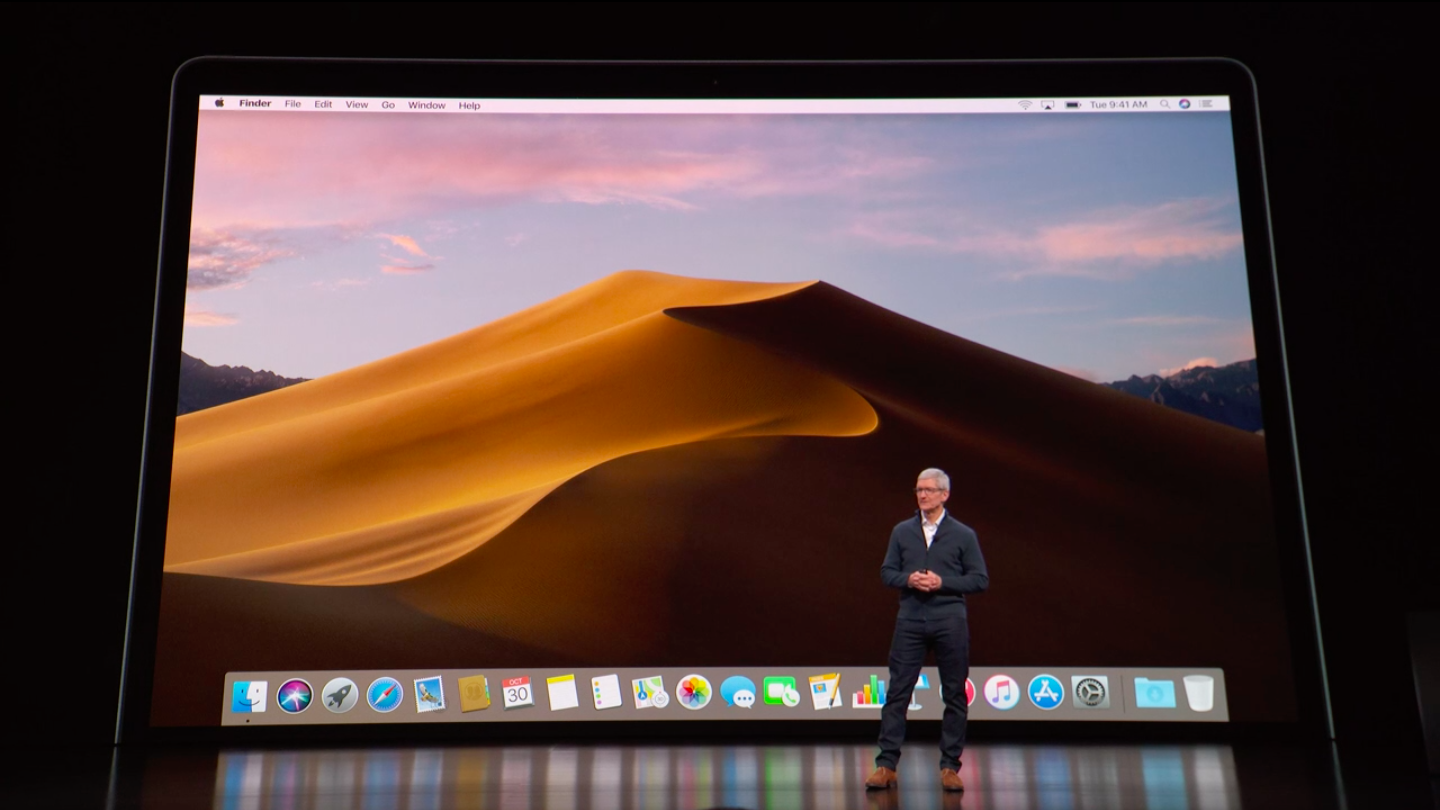 Apple Event: New MacBook Air, iPad Pro and Mac mini launched
Apple Event: New MacBook Air, iPad Pro and Mac mini launchedNews Apple appeases fans with long-requested hardware refreshes
By Adam Shepherd
-
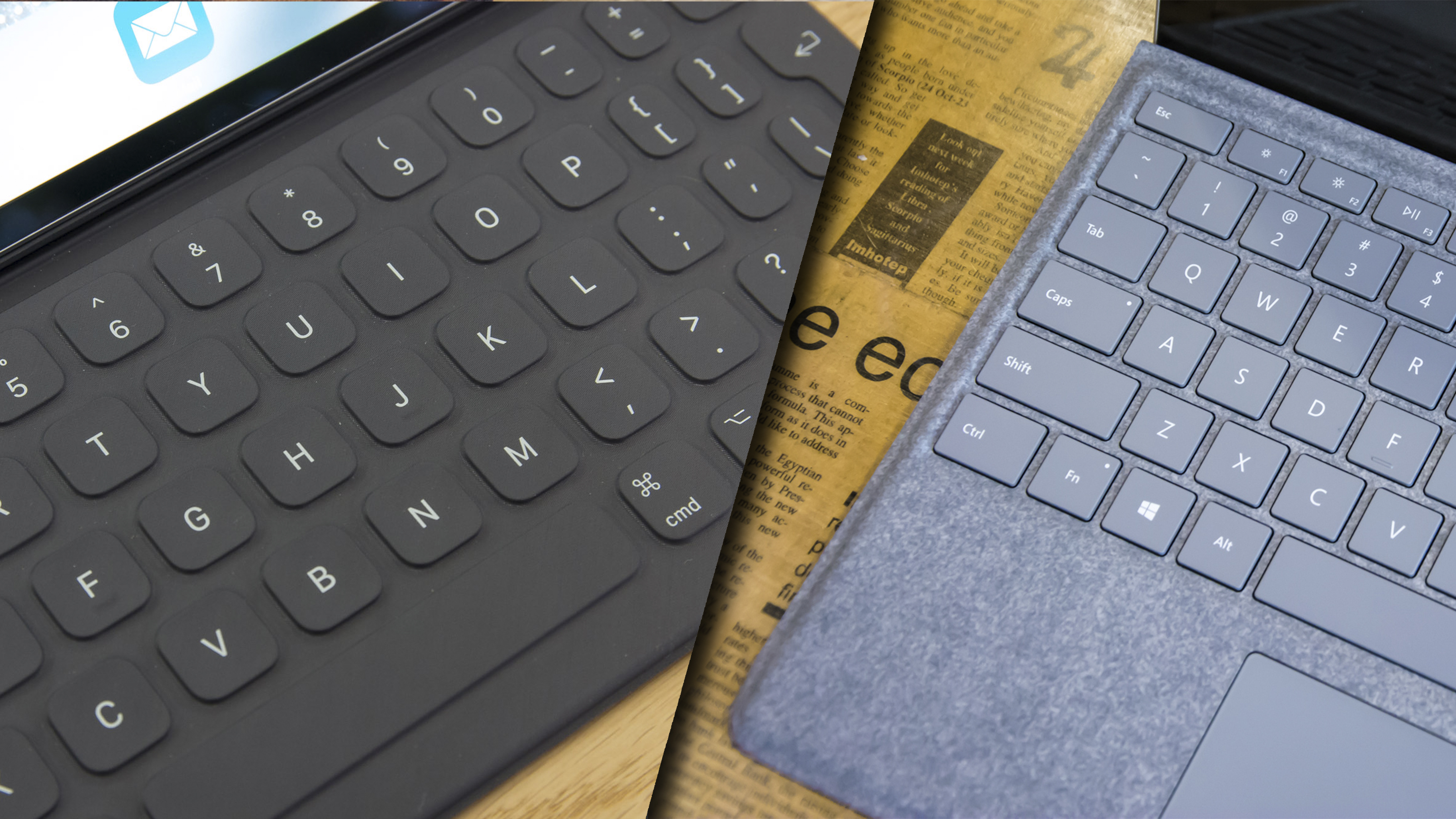 iPad Pro 10.5 vs Surface Pro head-to-head review
iPad Pro 10.5 vs Surface Pro head-to-head reviewVs Both devices want to be a laptop killer, but which one is worthy of the title?
By Dale Walker
-
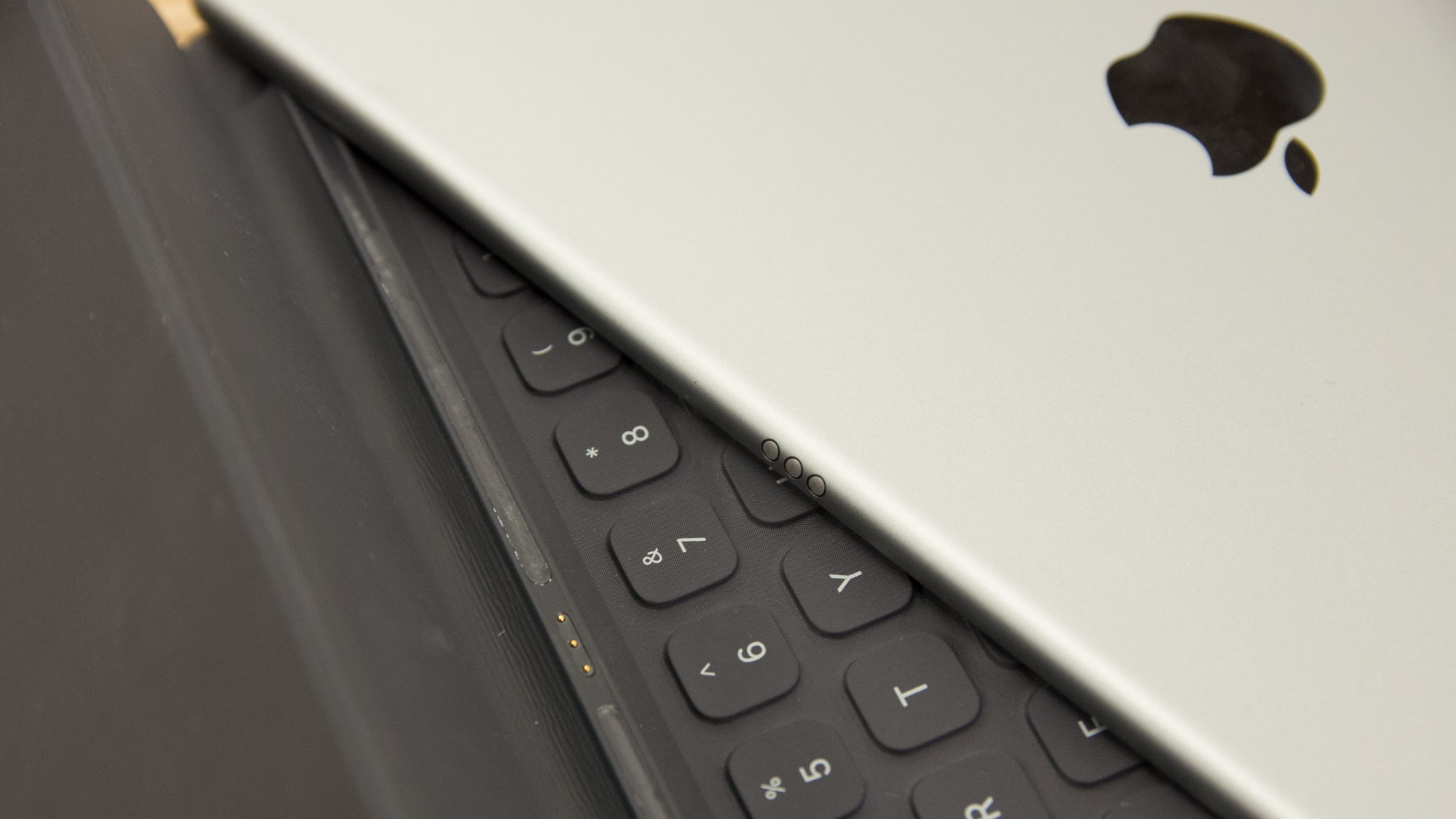
 Apple iPad Pro review: Apple quietly hikes prices of some iPad Pro models
Apple iPad Pro review: Apple quietly hikes prices of some iPad Pro modelsReviews
By Adam Shepherd
-
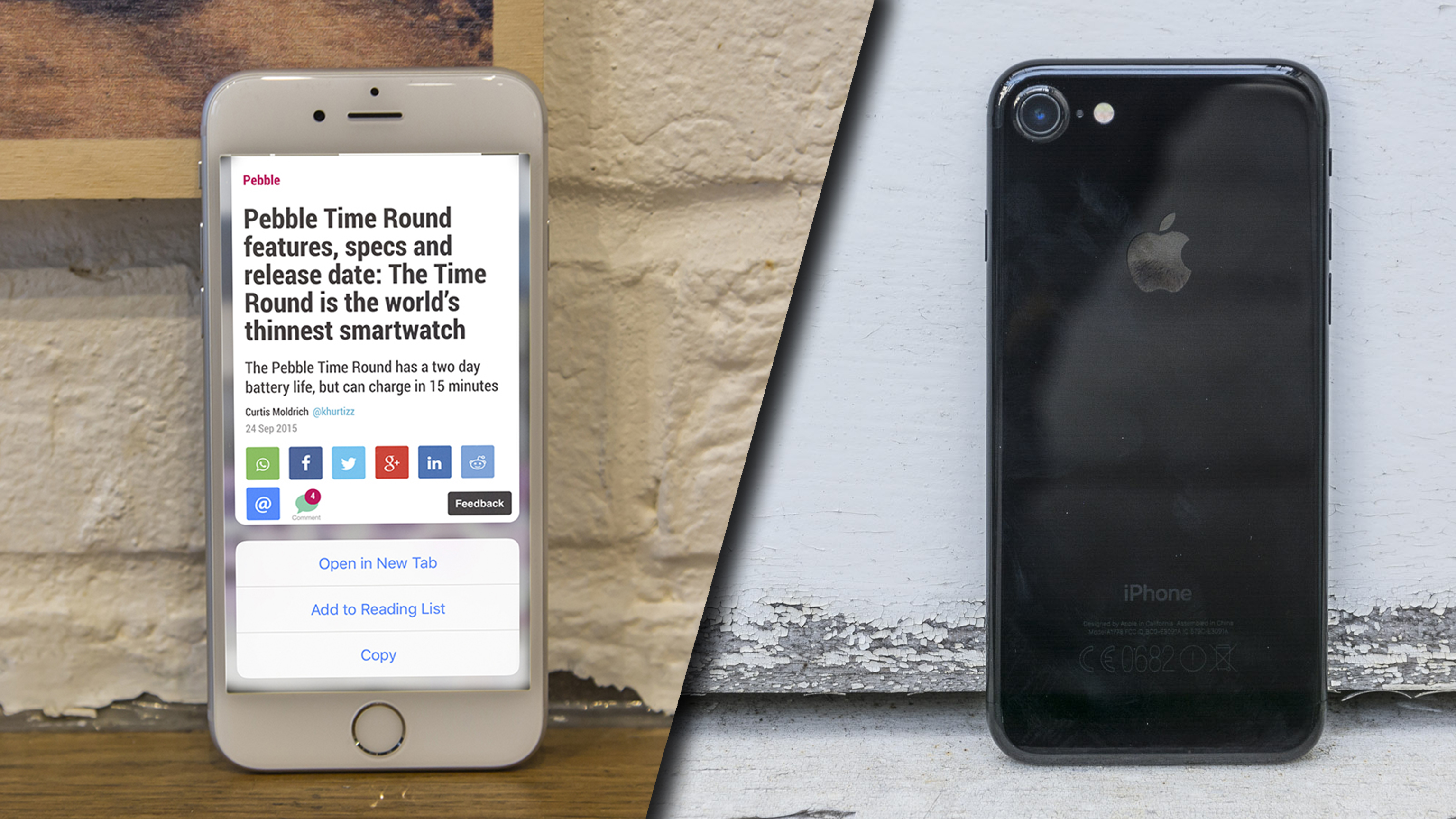 iPhone 7 vs iPhone 6s: head to head review
iPhone 7 vs iPhone 6s: head to head reviewVs How Apple's iPhone 7 and 7 Plus compare to their predecessors
By Adam Shepherd
-
 Apple iPad Pro 9.7 vs iPad Air 2
Apple iPad Pro 9.7 vs iPad Air 2Vs What’s the difference between the new 9.7in iPad and its predecessor?
By Jane McCallion
-
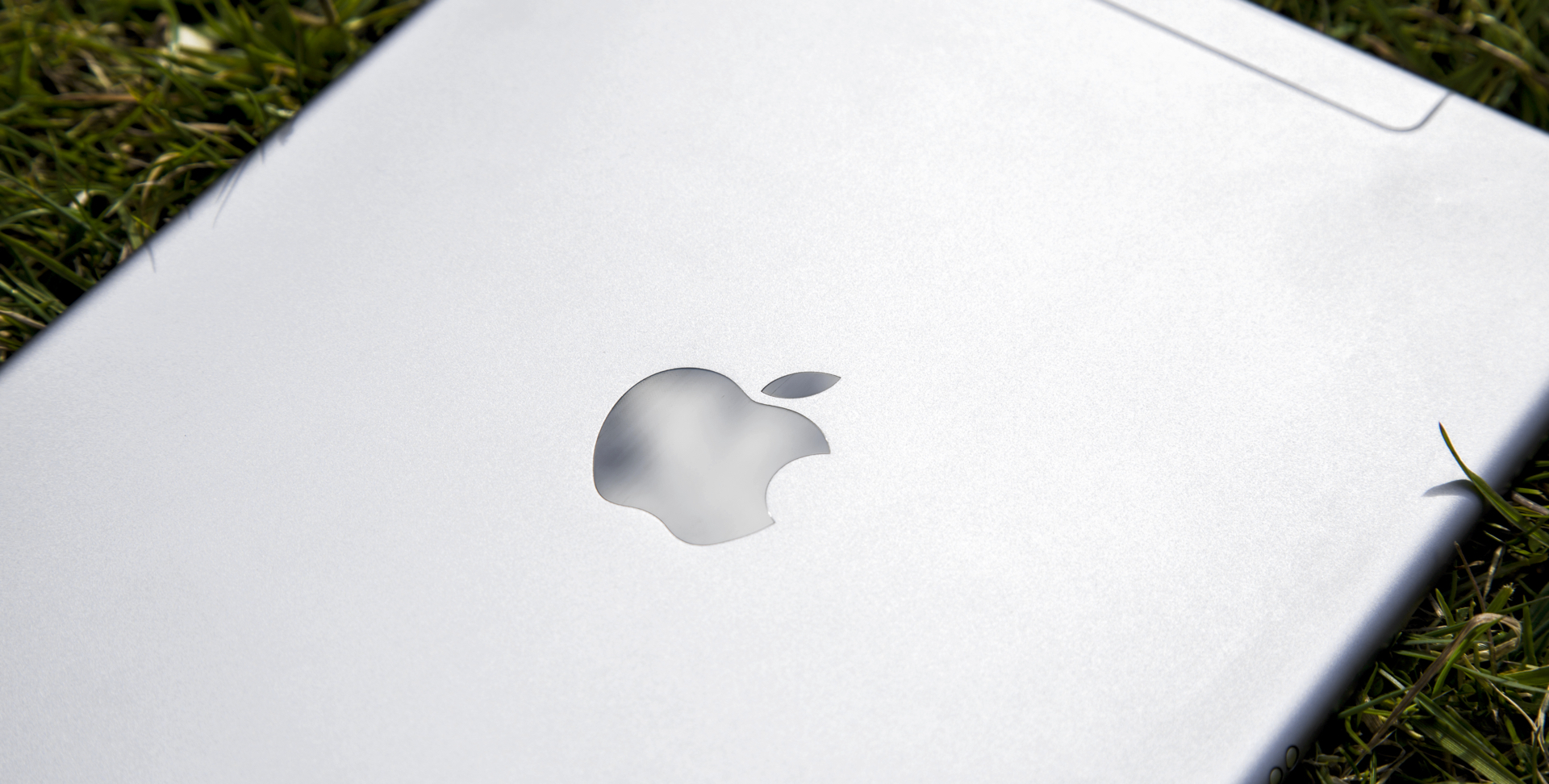
 Apple iPad Pro 9.7 review
Apple iPad Pro 9.7 reviewReviews The iPad Air 3 that also wants to be your laptop
By Alan Lu
-
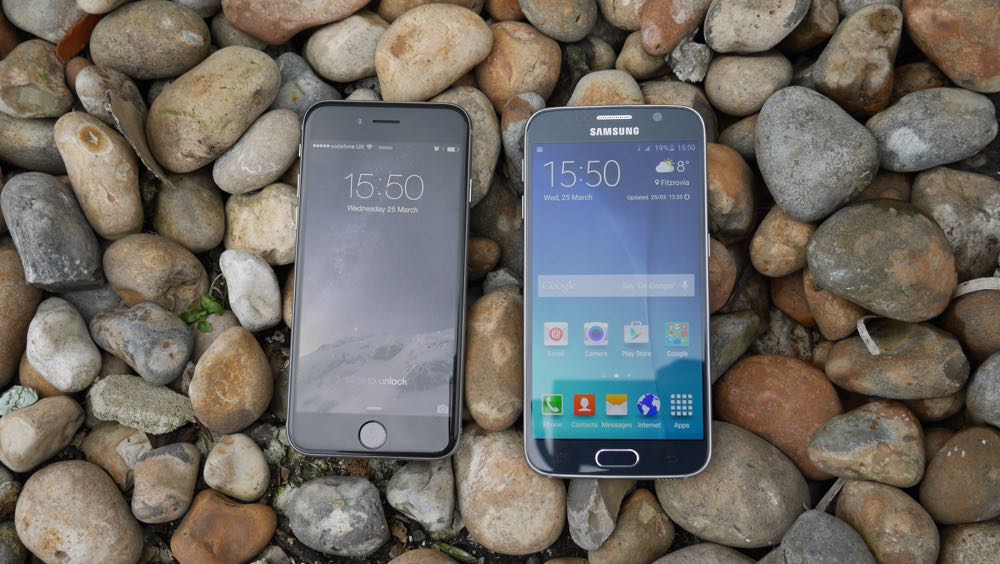 Samsung Galaxy S7 vs Apple iPhone 6s
Samsung Galaxy S7 vs Apple iPhone 6sVs We put the current iPhone 6s and the new Galaxy S7 head-to-head
By Alan Lu
-
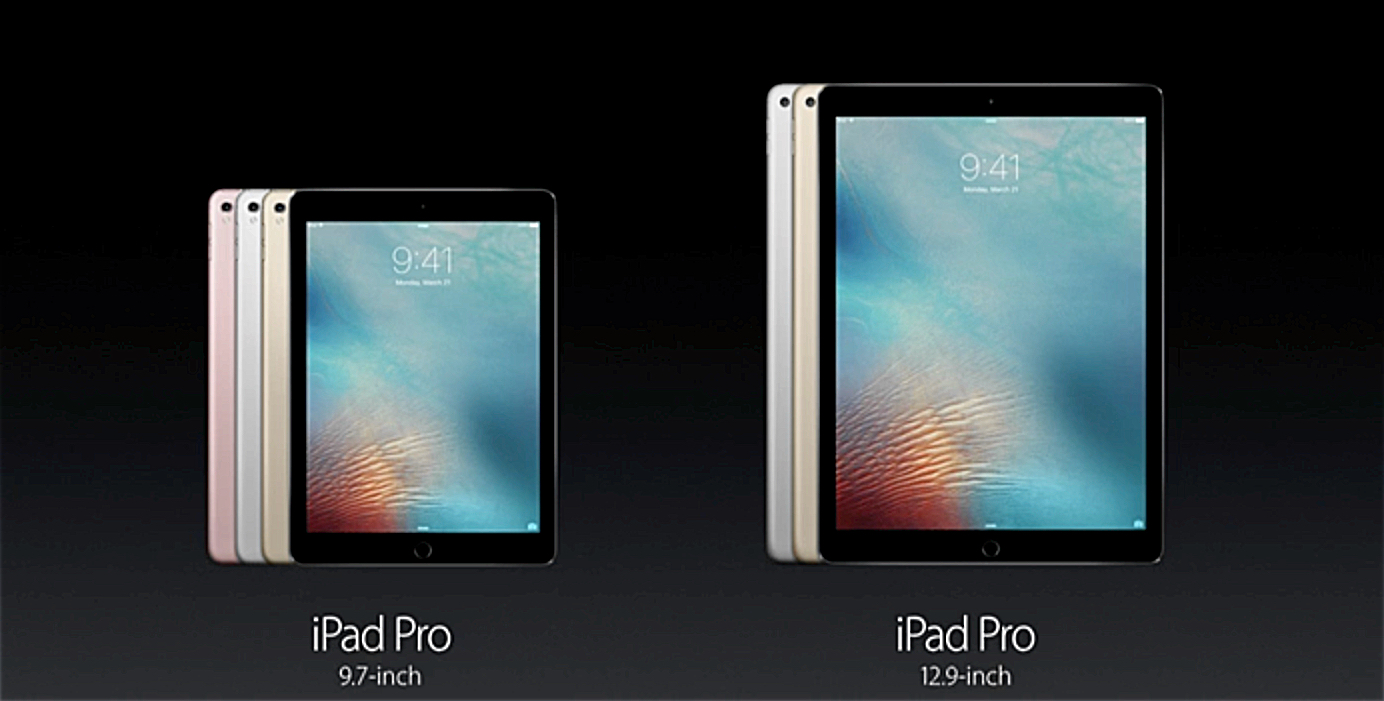 iPad Pro 9.7in vs iPad Pro 12.9in
iPad Pro 9.7in vs iPad Pro 12.9inVs What's the difference between the Apple iPad Pro 9.7 and iPad Pro 12.9?
By Andrew Williams